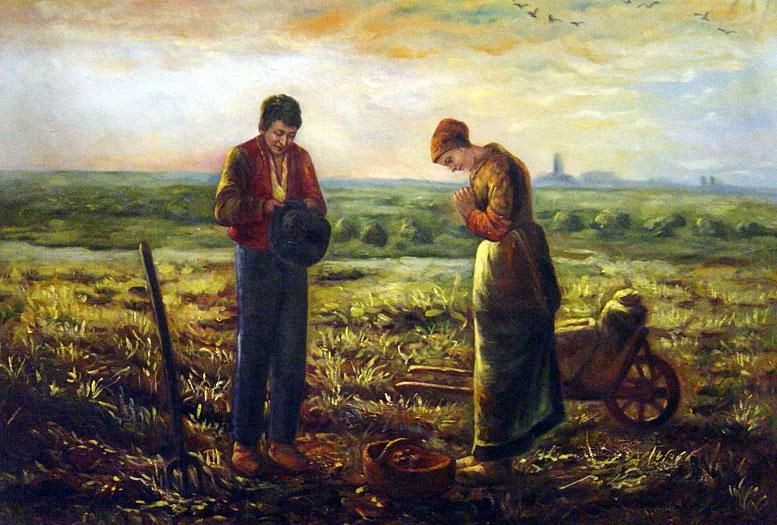You can listen to a podcast of this blog post at https://www.spreaker.com/user/youngfaithradio/ivlenttues
And God spoke to Noe, and to his sons with him, saying, And behold I establish my covenant with you, and with your seed after you, and with every living creature with you, of birds and of beasts, and with all the wild beasts of the earth, as many as are with you, of all that come out of the ark. And I will establish my covenant with you and all flesh shall not any more die by the water of the flood, and there shall no more be a flood of water to destroy all the earth. And the Lord God said to Noe, This is the sign of the covenant which I set between me and you, and between every living creature which is with you for perpetual generations. I set my bow in the cloud, and it shall be for a sign of covenant between me and the earth. And it shall be when I gather clouds upon the earth, that my bow shall be seen in the cloud. And I will remember my covenant, which is between me and you, and between every living soul in all flesh, and there shall no longer be water for a deluge, so as to blot out all flesh. And my bow shall be in the cloud, and I will look to remember the everlasting covenant between me and the earth, and between every living soul in all flesh, which is upon the earth. And God said to Noe, This is the sign of the covenant, which I have made between me and all flesh, which is upon the earth. – Genesis 9:8-17
God makes His after-Flood covenant with a single household: “…behold I establish my covenant with you, and with your seed after you, and with every living creature with you, of birds and of beasts, and with all the wild beasts of the earth, as many as are with you, of all that come out of the ark.”
Noah is the paterfamilias, the patriarch, of a farming family, of wife and sons and sons’ wives, of the domestic and wild beasts in their care and under their authority. God chose a family of animal husbandmen, along with their “critters” – not a government or an army or a political party or a business corporation or a city – to be the foundation of all the future of the earth. Governments, cities, and all the rest are part of God’s plan for society, too, but they are not the foundation. The foundation is the family, and, to be more precise, husband and wife and their posterity, caring for animals and tending the soil.
All the Scriptures, all the Fathers, and all the best philosophers of all history testify that the natural family – man and wife with their offspring, living on their own land and caring for their own needs – is the setting most conducive to a moral and pious life. Life in the city, detached from nature, inevitably tied to commerce, and, worse, to moneylending, naturally tends to the breakup of the family and to every vice, which must be fought at every step, as any bishop of any great metropolis in Christian history can testify.
“Economics” in today’s parlance means some kind of abstract system or mathematical game pretending to explain the best way of dealing with the production, distribution, and consumption of goods and services. The Greek original of “economy,” oikonomia, however, does not mean something so removed from reality. It means, literally, the “law of the household,” the understanding of how families govern themselves and their material substance. All true understanding of economics for larger groups – communities, nations, mankind – must be built on this. Edmund Burke said that the true purpose of politics is that a man be happy at home. The same is true of economics.
Great Lent is a great time to get back to basics. How does our family life conform to the law given by Scripture, to the example of our pious ancestors, to the God-given, natural reality of what a family is? Given our circumstances, what can we do to recover the law of the household, the life of the family? Most of us cannot “go back to the land”; we have inherited the highly artificial system of things that dominates us, and only a mighty revolution in the current life of man will change that. But we can resolve to do a few things:
1. Always say family prayers, every day.
2. Always have a family meal, every day.
3. Grow some of our own food and care for some dumb creatures, together.
4. Curb our appetites, pay our own way, and avoid debt.
Let’s start there. If we manage this short list, it will make for a very profitable Lent!
This commentary was taken from The Eternal Sacrifice: The Genesis Readings for Great Lent by Fr. Steven Allen. You can order a copy from Lulu at http://www.lulu.com/spotlight/FrStevenAllen

